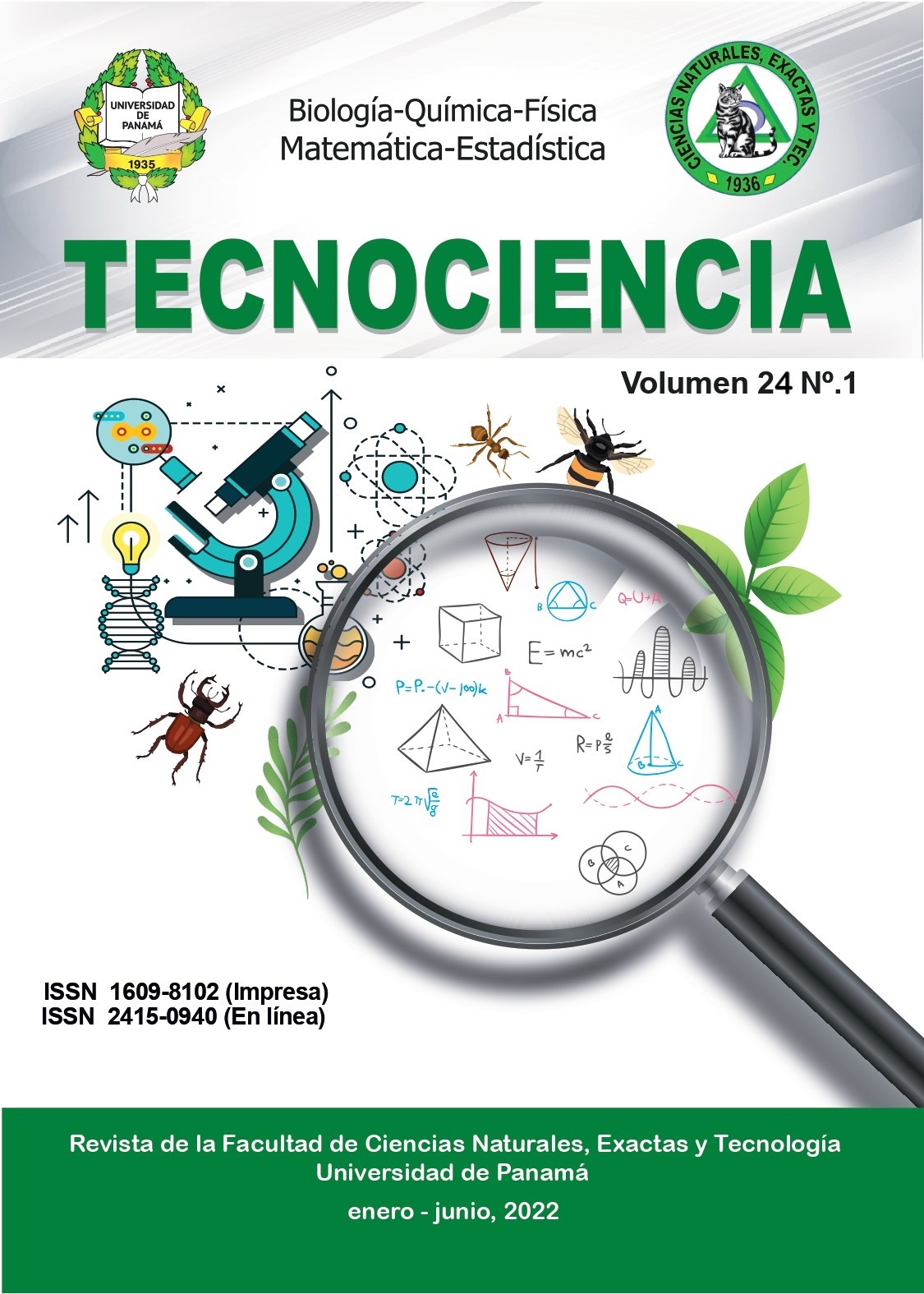

This work focuses on conducting an exhaustive study and at the same time developing an easy-to-apply methodology for estimating uncertainty in the analysis of metals present in fuel oil using the ICP-AES and the IP 501 method. Although the IP 501 method is standardized, it only includes basic statistical control parameters. The methodology developed was applied for the determination of aluminum, and the four main sources of uncertainty were considered: those involved in the equipment calibration curve, those attributed to the weighing of the sample, those due to volume measurements and those attributed to dilution operations. Through the analysis of the sensitivity coefficients, it was established that the main source of uncertainty is the concentration determined by the equipment, so a hydrocarbon laboratory that wishes to improve the reliability of its ICP-AES measurements should permanently monitor and control this source of uncertainty.